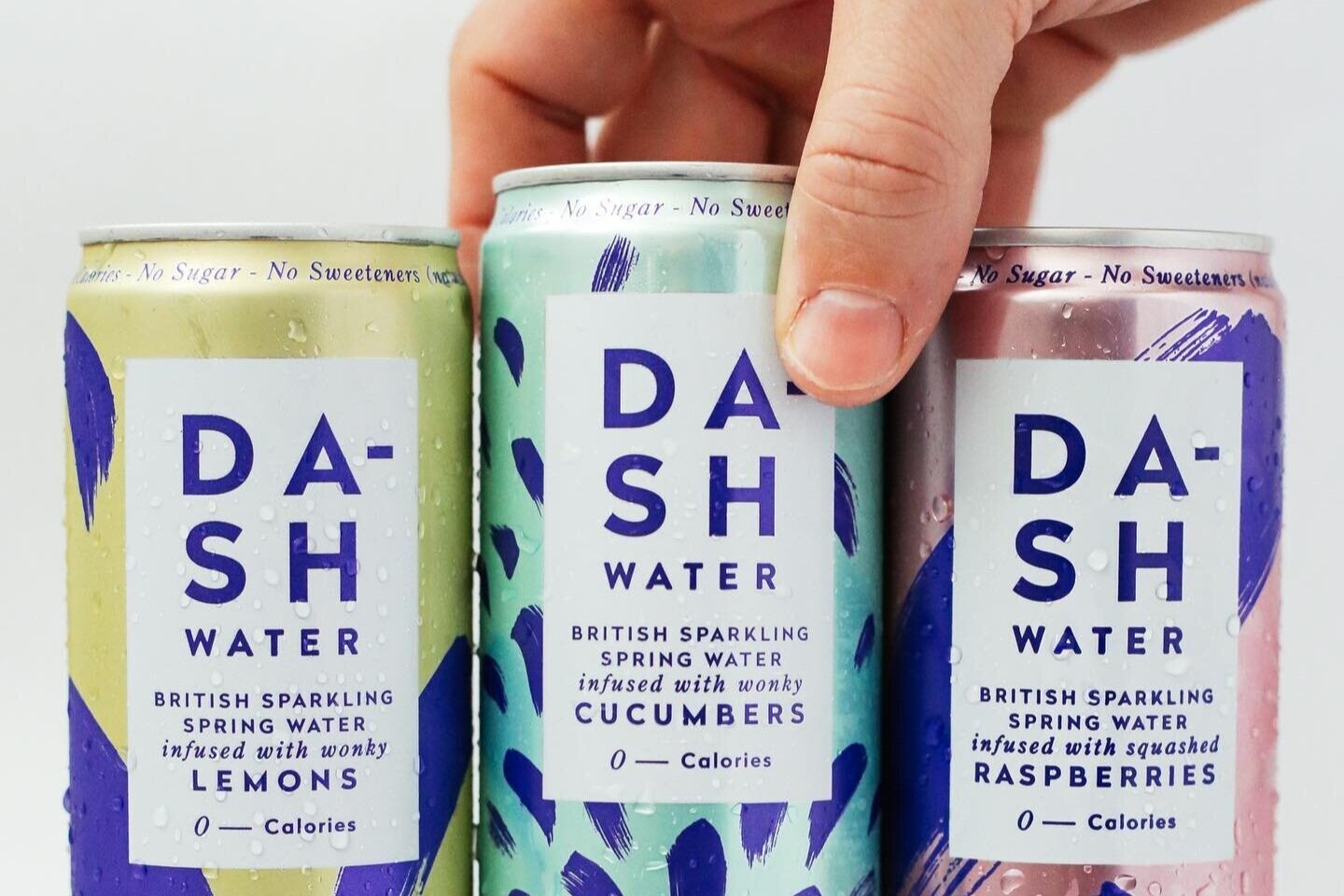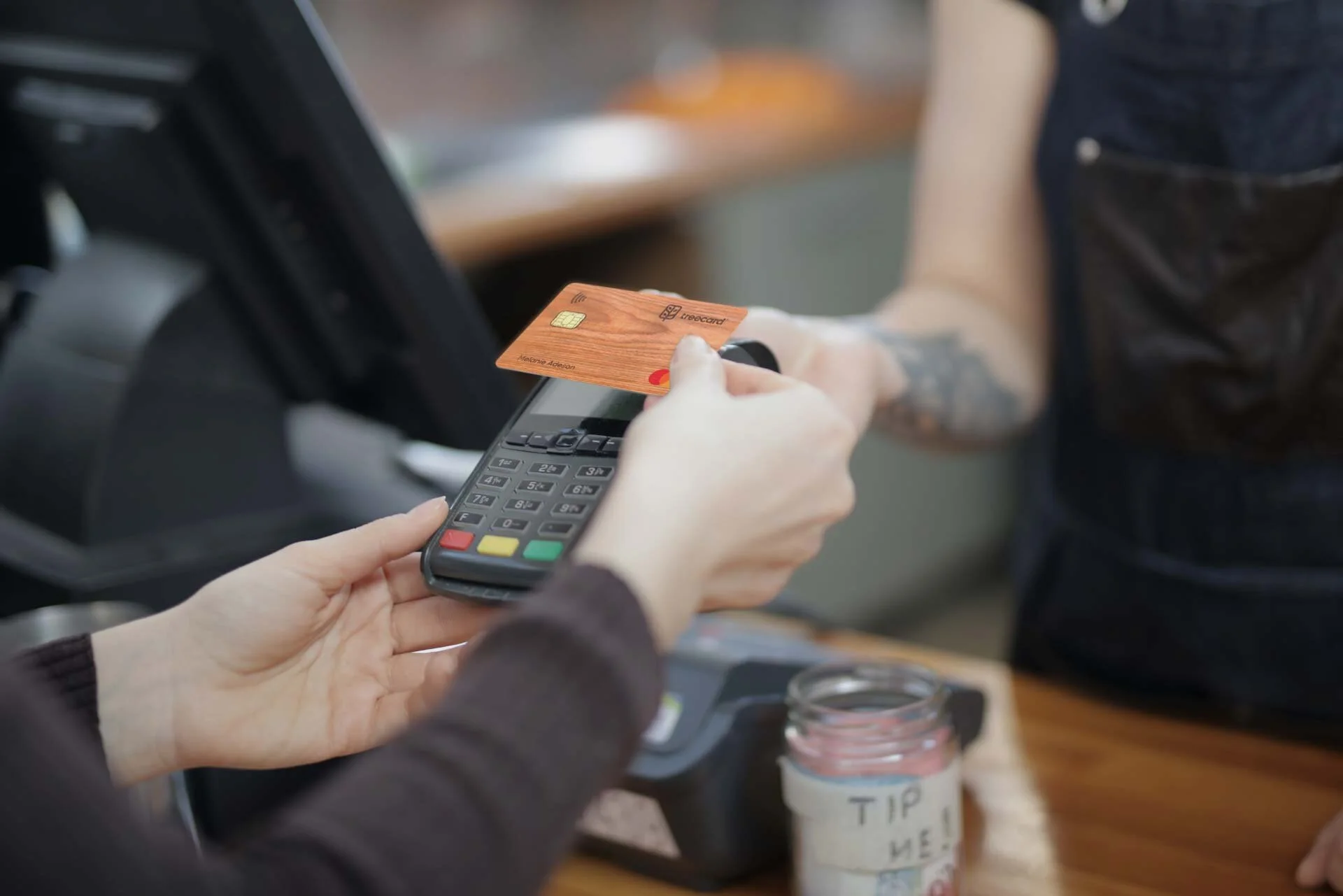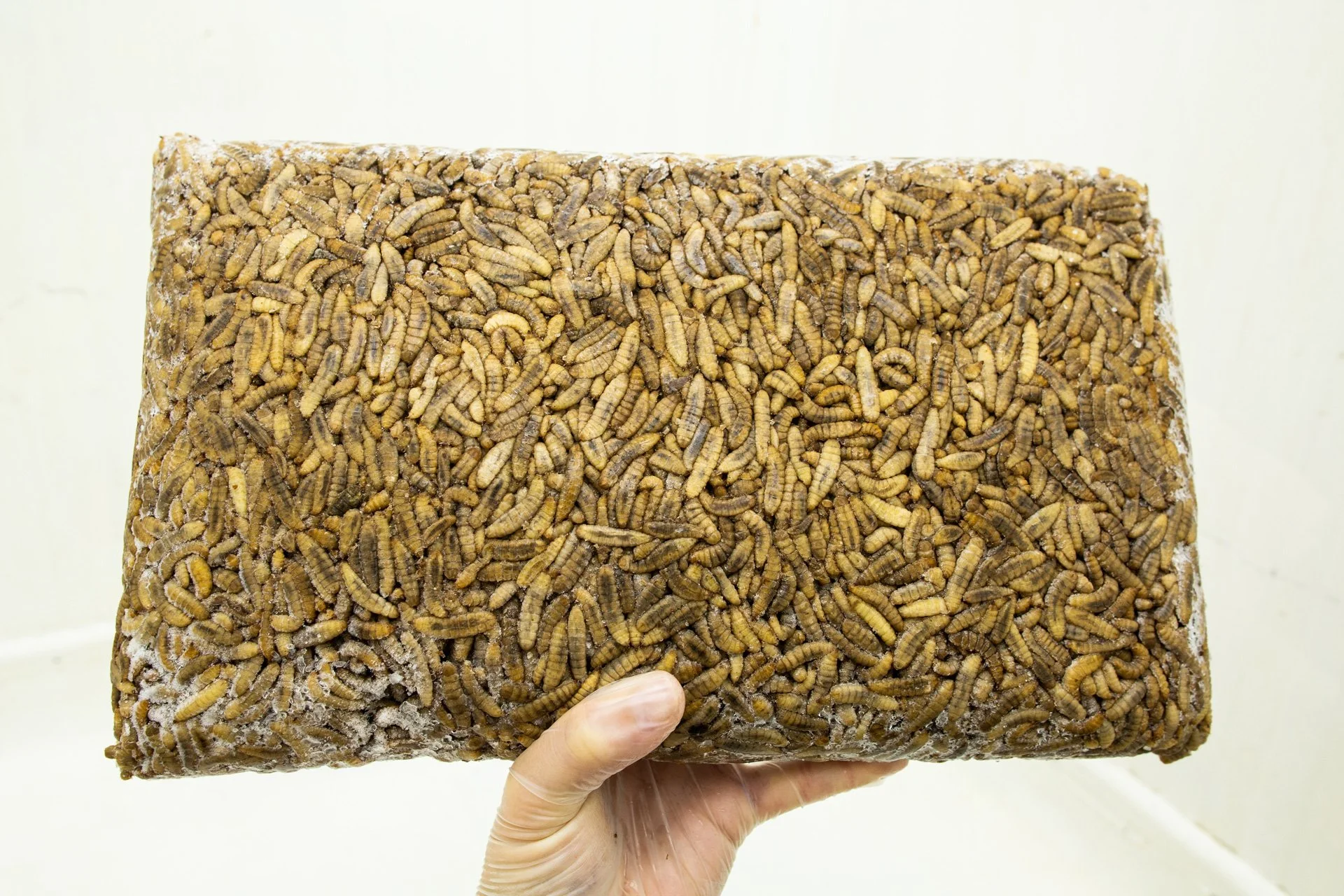Dash Water — for its quiet revolution
Dash brings a fresh perspective to the £15.7bn soft drinks industry with its mission to tackle food waste by saving wonky fruit from landfill.
I first met the founders of Dash Water, Alex Wright and Jack Scott, in 2017 as they set out on their journey to build a new flavoured sparkling water. I was intrigued by their mission to reduce food waste by using wonky fruit and veg as their key ingredient. It sounded ambitious, but in a category where flavour is king, would it work? Well, on the flavour front, I’ve heard no complaints from anyone who has sipped from their elegantly designed cans.
Dash isn’t your Paddy Power of seltzers. Nor is it the Patagonia of sparkling refreshment. Dash tells its challenger story in a softer, subtler way – more important to the company is to start a quiet revolution to change the category where actions speak louder than words.
2020 was a big year for Dash. The company saved 145 tonnes of wonky fruit and veg that would have otherwise gone to waste. And it became the leading brand in the seltzer category by sales value, taking more share than category mainstay San Pellegrino (2nd) and fellow challenger Ugly Drinks (3rd).
Photograph: Dash Water
The UK lockdowns have helped to drive online sales, too. Over a million pastel-coloured cans of Dash have been sent to doorsteps from Aberdeen to York. Dash is now stocked in over 5000 stores across Europe and is brightening up the water aisles in Sainsbury’s and Waitrose.
To cap it all off, Dash has become a certified B Corp.
So why a Challenger to Watch in 2021?
As consumers become ever more health-conscious, the seltzer category is growing rapidly – 176% increase in the UK alone last year, so the domestic market for Dash will continue to grow. Perhaps more importantly for Dash, it’s also partnered with US distribution platform Iris Nova, giving the brand access to a market worth $8.6bn.
By 2025, Dash aims to save over 2,600 tons of wonky fruit and veg that would have gone to waste while also committing to sustainable practices such as rejecting the use of plastic packaging and manufacturing in the UK.
Challenger brands are often characterised by their desire to, not just progress their brand, but progress their category too. Dash might not be the shoutiest brand in the aisle, but it’s a quiet revolution that is really starting to bubble.






















